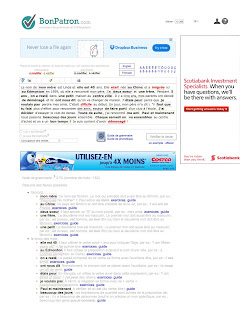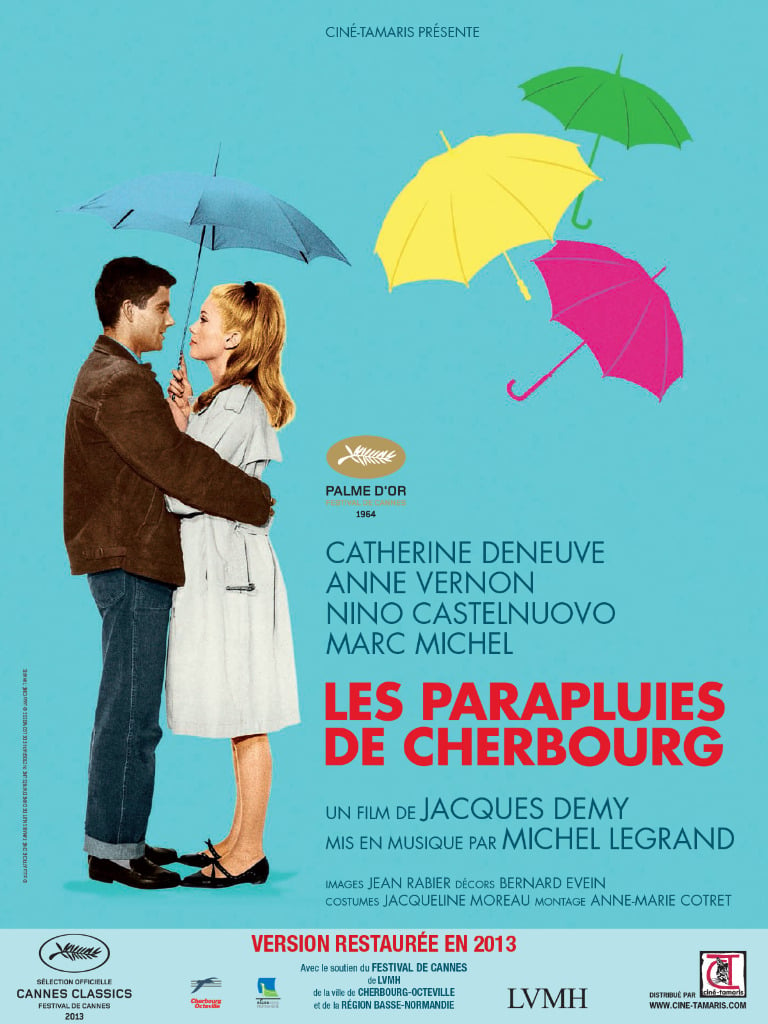Homework:
PLEASE BRING YOUR FIELD TRIP FORMS ASAP
This is the last week I will be counting Duolingo, so keep going! You're almost done!
Timeline as explained today:
Tuesday (June 7): You handed in your BonPatron copy to me today. I will give it back to you with some corrections on the double block day.
Double block - (Weds/Thurs, June 8/9): This is the day to complete your book. You will get your French text back with some corrections and you will spend two blocks finishing your book. Bring book-making materials if necessary! DON'T FORGET TO INCLUDE A PAGE OF SOURCES AT THE END OF YOUR BOOK!
Friday (June 10): will be for pronunciation practice- you will be able to practice intonation, ask me questions, and practice reading your story aloud. We will be watching a children's story online (similar to the ones we saw previously) and listening to how the French is spoken. I encourage you to re-watch the stories on YouTube that we've already seen (Tour Eiffel a des ailes, qu'est-ce que tu fais cochon, petit marin...) to listen to their French as well. You cannot be monotone when reading to a child! You need to speak slowly and have lots of expression! Friday will be your opportunity to practice and receive feedback from me. **YouTube/PDF due, see below
Monday/Tuesday next week (June 13/14): Field Trip! To read your story to the children. Make sure you bring the hard-copy of the book with you
Wednesday next week (June 15): We will be doing some reflecting on the project/unit and you will share your stories with peers. Please bring the hardcopy of your books with you (I will collect those that wouldn't mind me keeping them!) I will choose a few YouTube stories to share with the class.
What to hand in:
The YouTube clip, and a PDF copy* of your book. If you would like to leave your hardcopy book with me, I will collect them on Wednesday. I would love to use them as examples for next year!!
YouTube: Record the audio as if you were reading to a child, with a birds-eye view of your book. If you would like to use a digital copy of your book for the YouTube recording that is OK too. Please set the video to Private and save it in the playlist associated to the project and your block. Log-in info was already given in class, come and see me if you do not have it written down.
Uploading the YouTube file and e-mailing me the PDF is due Friday June 10th (Saturday June 11th entries will be accepted, but try to have it done on Friday!)
Any questions? Come and see me! :)





























